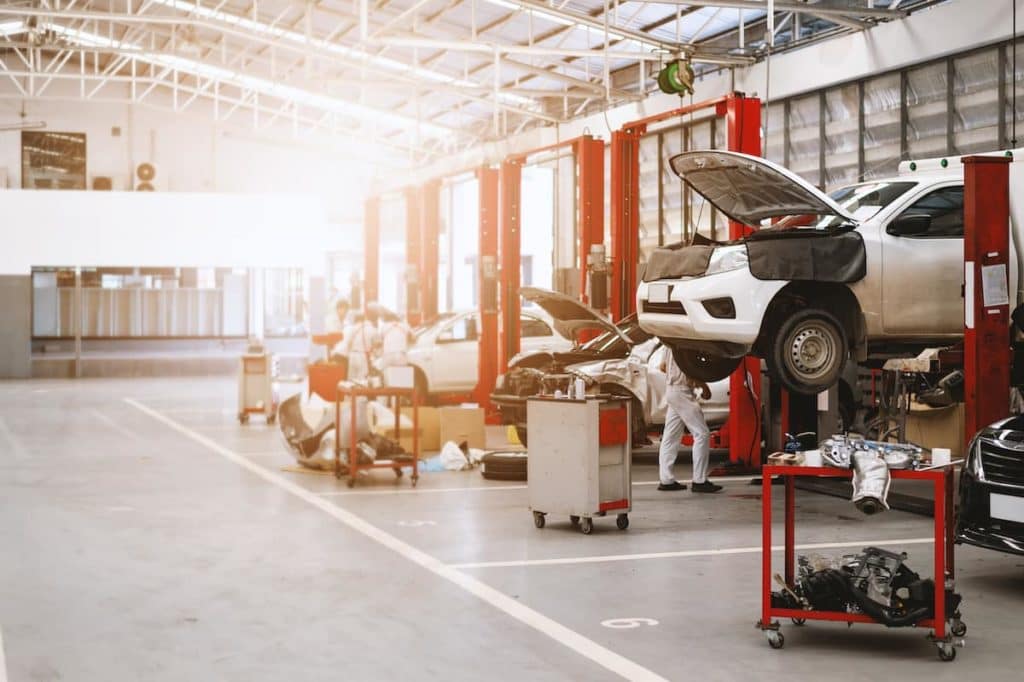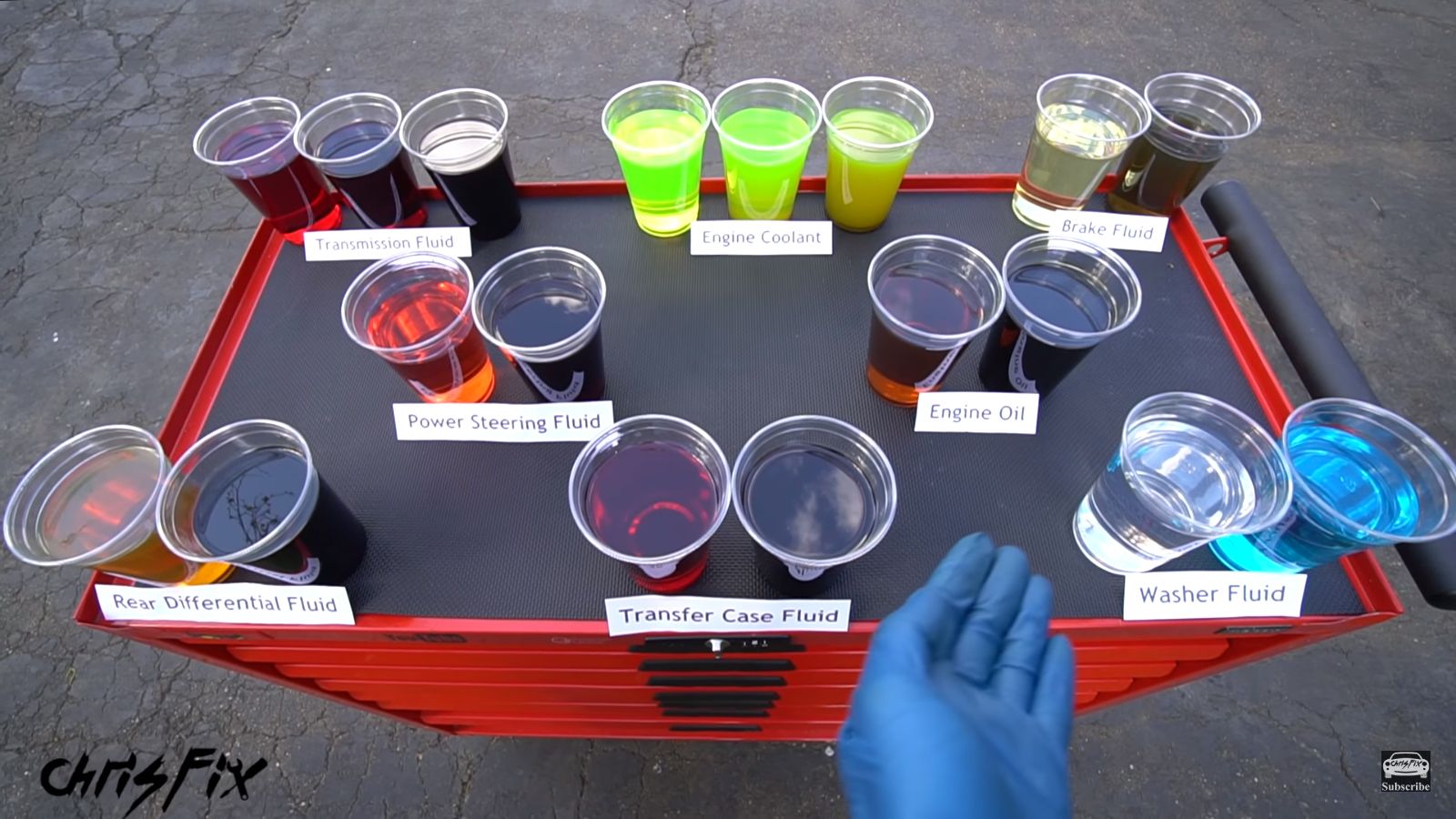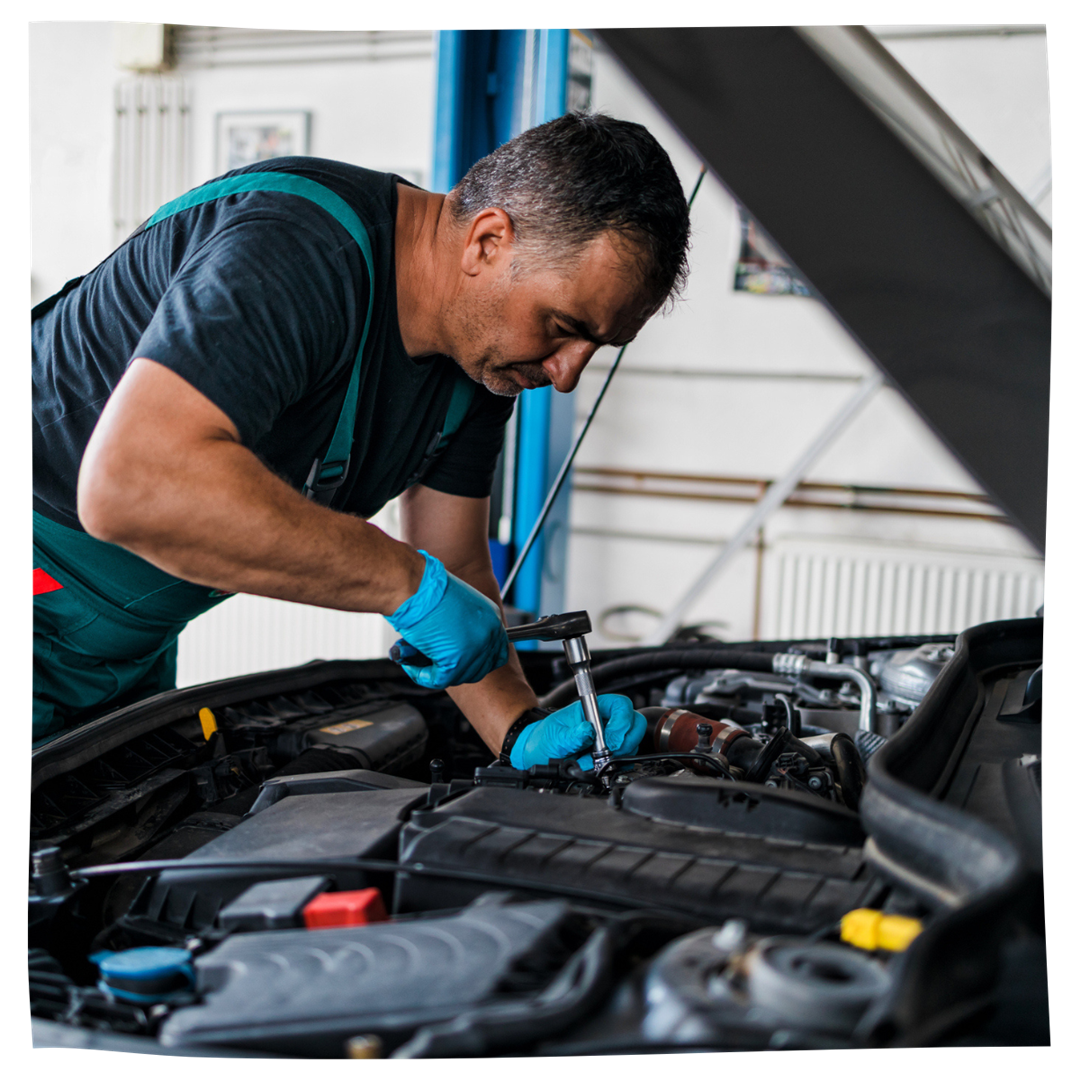
Vehicle manufacturers have maintenance schedules that should be followed at the very minimum. Having worked at a dealership in the past and still having many contacts in the automotive industry, we would recommend more maintenance. I have been told that the manufacturers established these maintenance schedules to show a lower maintenance cost over the life of the vehicle rather than for increasing the life of the vehicle.
During the sales pitch, the dealership will show you that you can go 100k before certain services are due. This is not entirely accurate. Modern vehicles run much hotter than older vehicles and should actually be serviced more often. Some dealers claim you can go a full year without changing engine oil. It's your vehicle and you can do as you choose, engine oil should be changed at a minimum of twice a year or at most, 6000k. Modern vehicles have computers that monitor oil life, and many are set to alert you to change the oil at 7500 miles. We frequently see vehicles in our shop that use this criteria and show up with NO engine oil showing on the dipstick because of the extreme mileage.
When this happens we run an engine oil system flush to clean out the "goo" before adding the fresh oil and install a reminder sticker to return for an oil change service in 5k for synthetic oil and 3k for regular oil. Burned oil and sludge will, over time, begin to clog the oil passages in the engine and oil coolers. Oil sludge buildup is a very serious condition. If you would like to keep your vehicle running properly, we recommend replacing the vehicle's fluid at more frequent intervals. Recommendations often vary from auto shop to auto shop, but the fluids in your vehicle begin to break down and get contaminated. This increases wear and decreases the life and value of your vehicle.

For instance, not changing the fluid in your transmission can affect shift quality, increase wear, and increase chances for the need to have the unit rebuilt, which is very costly. Rebuilds nowadays can run between $3500 and $7500, and even more for some turbo diesel trucks. The past few years have seen a huge increase in price and less availability of parts for automotive shops.
Brake fluid also loses its effectiveness over time. The fluid can absorb moisture, which can lead to corrosion in your hydraulics system and other problems that make your brakes less effective, decreasing your ability to stop in critical driving situations. And simply adding new fluid to old contaminated fluid is not enough — you'll need to drain the old fluid and replace it completely.
Engine coolant should be changed around 30-60k miles. Personally I would say 30k or 2 years. Coolant gets dirty and loses its effectiveness over time. Remember, modern engines run hotter. Manufacturers put road baffles, shields, and plastic skid plates under your vehicle to make it quieter inside the passenger compartment. This means less airflow over the engine, creating more heat. A couple of manufacturers (who will remain nameless) found out the hard way about their engine getting cooked by the excess heat.
One such manufacturer had to change their oil specifications from standard oil to synthetic oil ONLY due to the heat damage being created by adding the road shields.
So, to wrap things up, and avoid the "I told ya so" arguments and have your vehicle fluids changed frequently.
At One Stop Automotive we can help keep you on a maintenance schedule.
